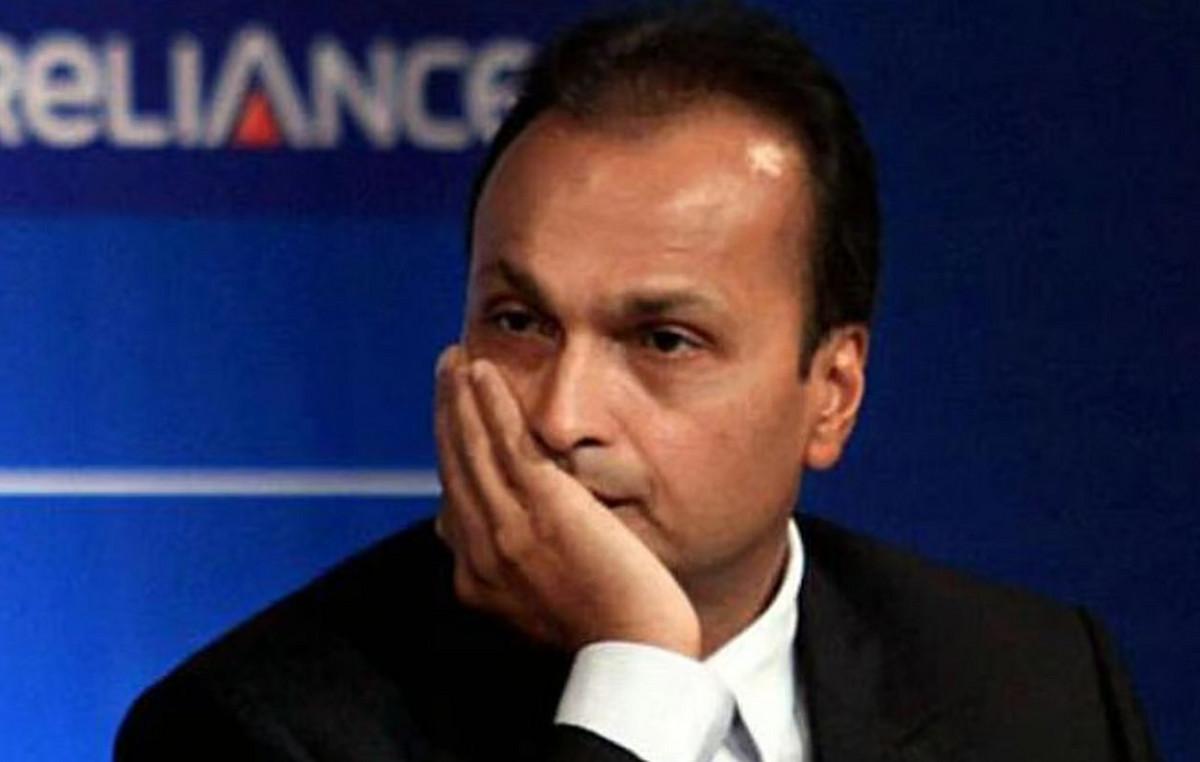Consumption in Brazilian homes rose 0.39% in May this year compared to the same period in 2021.
In comparison with the immediately previous month, April, there was a decrease of 3.47%, influenced by seasonality.
The data, released this Thursday (14), are from the survey Consumption in Brazilian Homes by the Brazilian Association of Supermarkets (Abras).
The association’s institutional vice president, Marcio Milan, says that, so far, the 2.8% growth projection in 2022 remains, but it can be revised in June or July.
The sector accumulates a high of 2.02% from January to May.
The Abrasmercado basket, with 35 products of wide consumption, had a high of 17.2% in the last 12 months. In the comparison of May with April of this year, the increase was 0.94%. In the year 2022, the increase is 9.32%.
aid
Milan also stated that the sector is still studying the possible impacts on sales of the Benefits PEC approved by the Chamber of Deputies on Wednesday (13).
It is estimated that about 50% of the resources will be spent on supermarkets. During the most acute phase of the pandemic, 70% of Emergency Aid met this fate.
Milan points out, however, that services such as bars and restaurants are now open, which should redirect the money given to the most vulnerable population.
Abras maintained its growth projection of 2.8% in 2022.
This expectation, however, does not take into account the positive impact of the aid. In the last five months, the sector accumulates a high of 2.02%.
Asked about the possibility of a greater injection of money into the economy leading to a rise in inflation on the demand side, Milan said he does not believe in that possibility.
“I don’t see that aid will bring about excessive demand or that it will lead to higher inflation,” he said.
He cited measures to reduce taxes on fuels and other segments as ways to equalize prices, as well as the responsibility of the population to research prices and supermarkets to maintain more intense negotiations with the industry.
Source: CNN Brasil
I am Sophia william, author of World Stock Market. I have a degree in journalism from the University of Missouri and I have worked as a reporter for several news websites. I have a passion for writing and informing people about the latest news and events happening in the world. I strive to be accurate and unbiased in my reporting, and I hope to provide readers with valuable information that they can use to make informed decisions.







